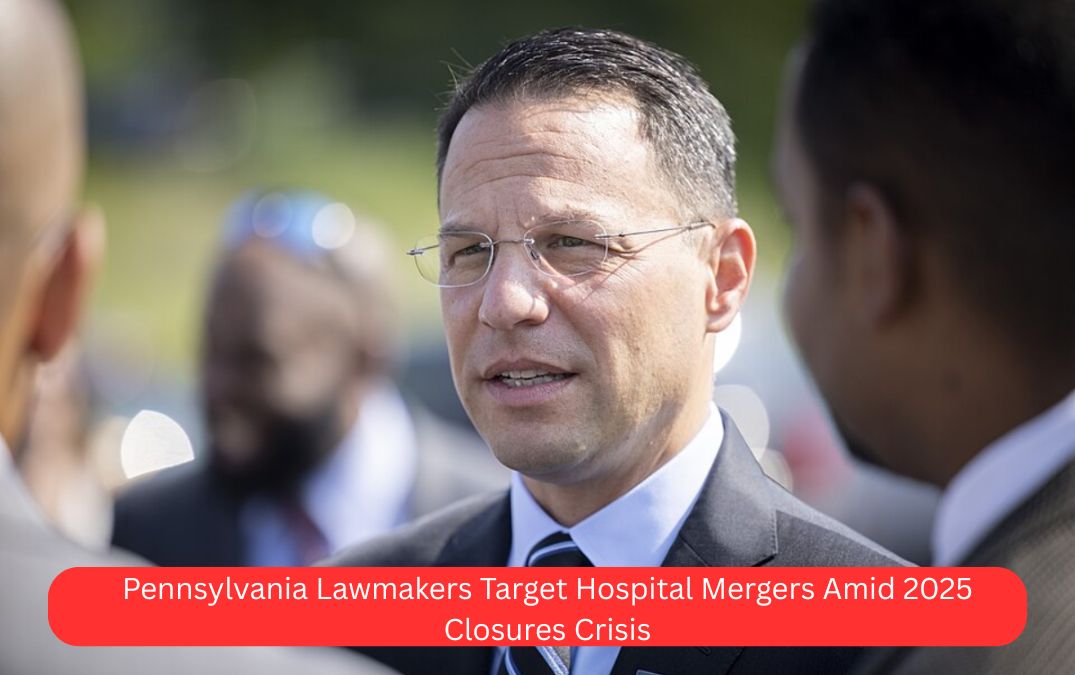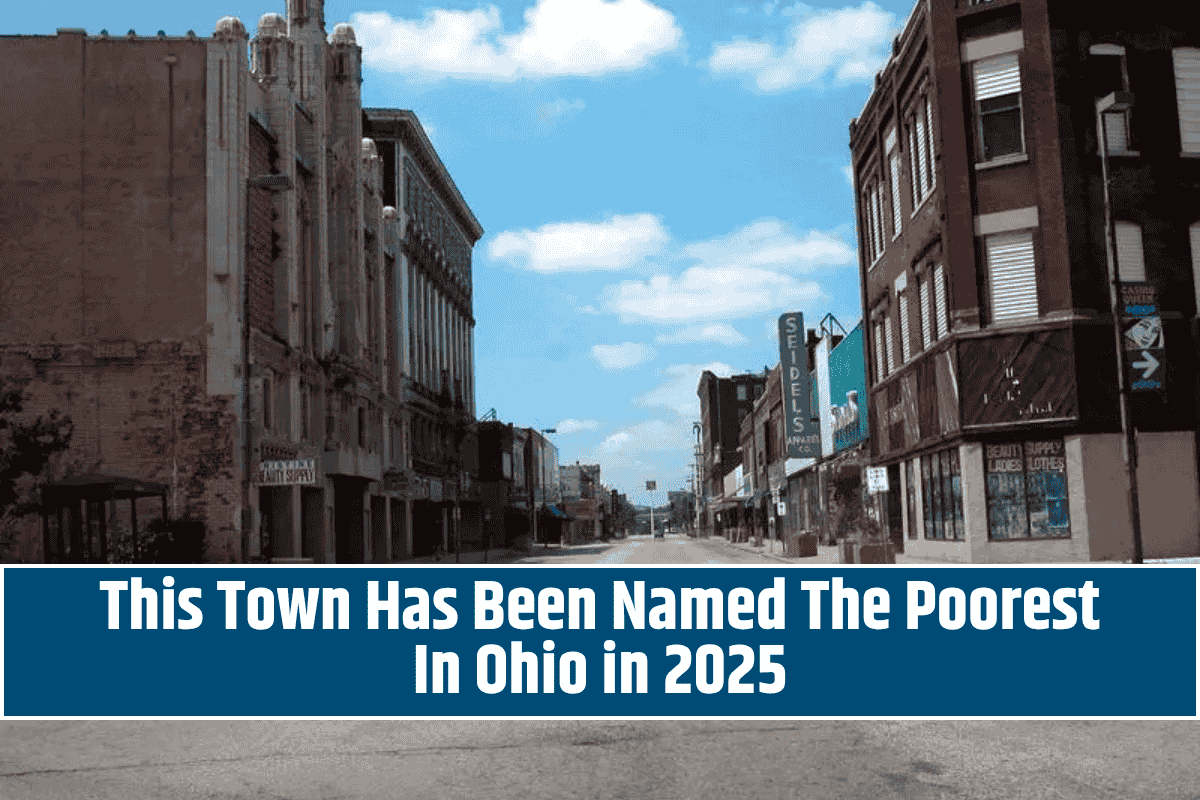After the recent closure of Crozer-Chester Medical Center, lawmakers and healthcare advocates are calling for tighter regulations on hospital acquisitions.
The loss of the hospital, which left thousands unemployed and cost a local gunshot victim his life, has reignited debate over the role of private equity in healthcare.
What Happened
On May 1, 2025, Crozer-Chester Medical Center officially shut its doors in Delaware County, Pennsylvania.
The closure impacted nearly 3,000 workers and eliminated a vital emergency care resource for the community.
Tragically, a gunshot victim died the day after the hospital’s ER closed due to a delayed ambulance transport to the next available hospital—highlighting the critical role Crozer once played.
Key Details
Crozer’s shutdown has been linked to its 2016 purchase by Prospect Medical Holdings, a private equity firm.
Private equity firms often restructure struggling businesses for profit, but in the healthcare sector, such financial strategies can lead to cutbacks or full closures.
In response, Pennsylvania lawmakers introduced Senate Bill 322 and House Bill 1460, which aim to give the Attorney General more authority to scrutinize and reject acquisitions that could harm communities.
| Bill | Focus | Impact |
|---|---|---|
| SB 322 | Expands AG oversight | Can reject harmful mergers |
| HB 1460 | Regulates for-profit acquisitions | Increases accountability |
These bills apply specifically to private equity or for-profit hospital purchases, sparking debate about whether they go far enough.
Reactions and Statements
Patrick Keenan of the Pennsylvania Health Access Network (PHAN) welcomed action on private equity, but warned it’s not a comprehensive solution:
“Private equity is really bad. It doesn’t have any place in healthcare… but to only get to roughly 20-30% of the problem leaves most of the state without the solution they need.”
Senator Tim Kearney confirmed that negotiations with hospital advocates are ongoing.
A spokesperson for the Attorney General’s office said they look forward to a “robust negotiation process.”
Investigation and What’s Next
The Pennsylvania Department of Health reports that eight hospitals have closed in the last three years—most following a merger or acquisition.
Healthcare experts, like Dr. Rachel Werner from the University of Pennsylvania, warn that such consolidations reduce market competition and drive up patient costs.
“Prices increase on the order of 20-30%. They can go as high as 50%,” Dr. Werner explained. “Ultimately, the burden falls on patients through higher insurance premiums.”
Pennsylvania has about 230 hospitals, but many regions are now considered “highly concentrated” markets, with little to no competition left.
Dr. Werner recommends additional reforms, such as:
- Promoting price transparency
- Regulating insurance steering
- Encouraging competitive practices
FAQs
Q: Why did Crozer-Chester Medical Center close?
A: The closure followed its acquisition by a private equity firm, which is believed to have prioritized profits over long-term community care.
Q: What are SB 322 and HB 1460?
A: These are legislative efforts to give the Pennsylvania Attorney General more control over hospital mergers, particularly those involving for-profit companies.
Q: How many hospitals have closed in Pennsylvania recently?
A: Eight hospitals have shut down in the past three years, most after mergers or acquisitions.
Q: Do nonprofit hospitals also close?
A: Yes. In fact, 63% of closures in the past five years involved nonprofits, even though they make up the majority of the healthcare system.
Q: How do hospital mergers affect patients?
A: Reduced competition leads to higher service prices, which are often passed on to patients through increased insurance premiums.
Summary / Final Takeaway
Pennsylvania is confronting a growing healthcare crisis, with hospital closures leaving communities vulnerable and costs rising due to reduced competition.
Lawmakers are taking aim at private equity firms through SB 322 and HB 1460, but experts say broader reforms are necessary to truly protect patients and preserve access to care across the state.












